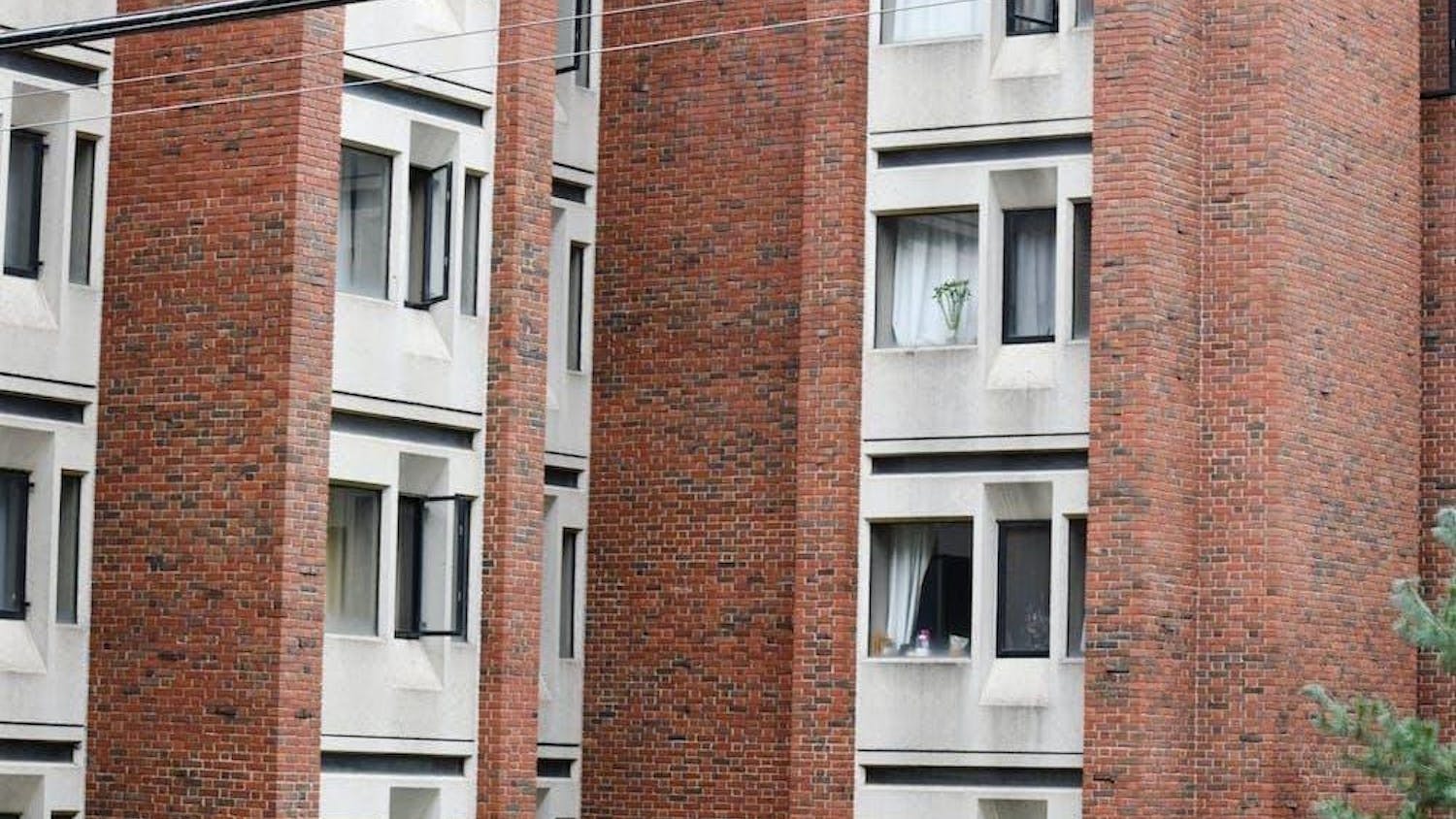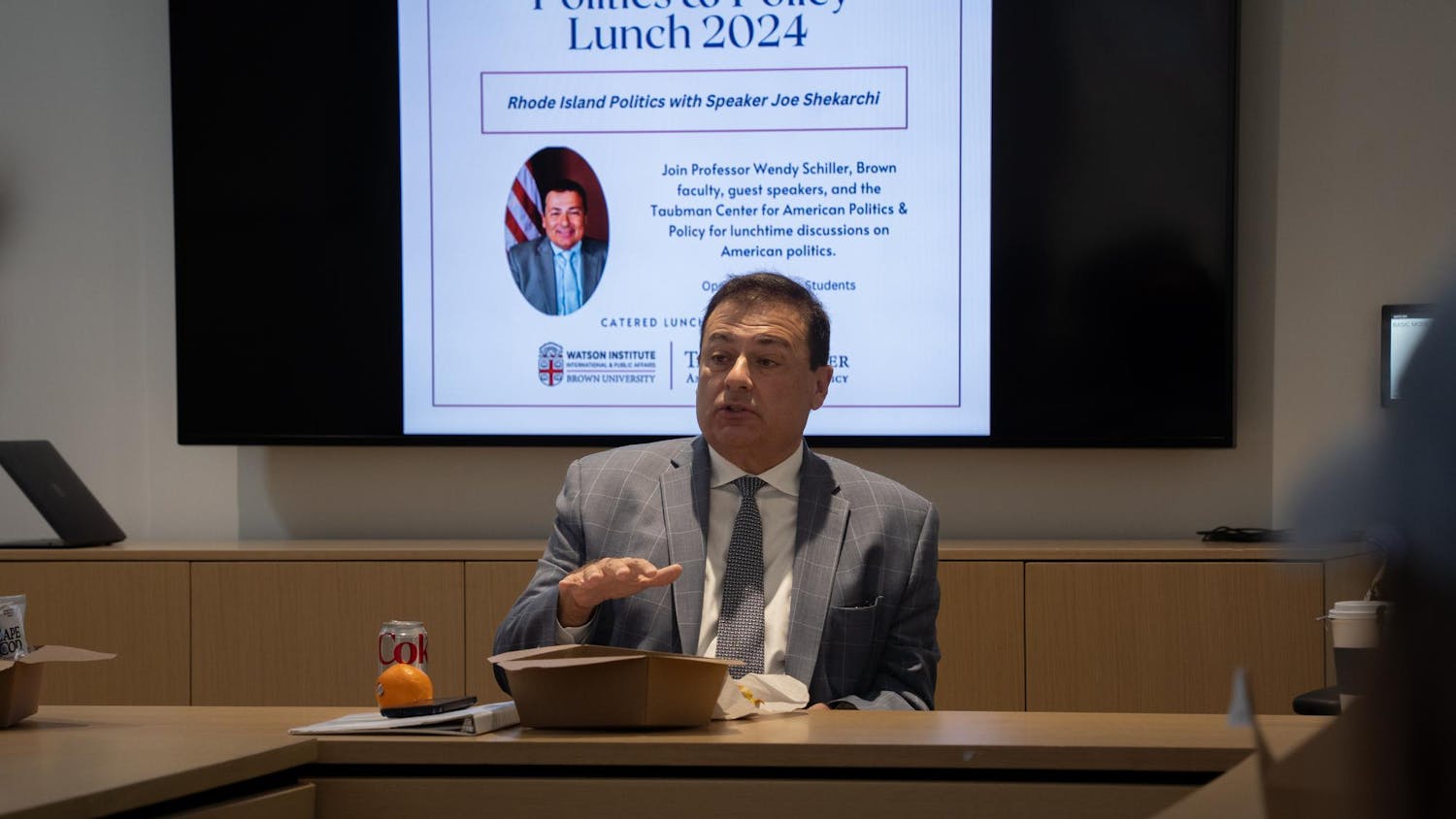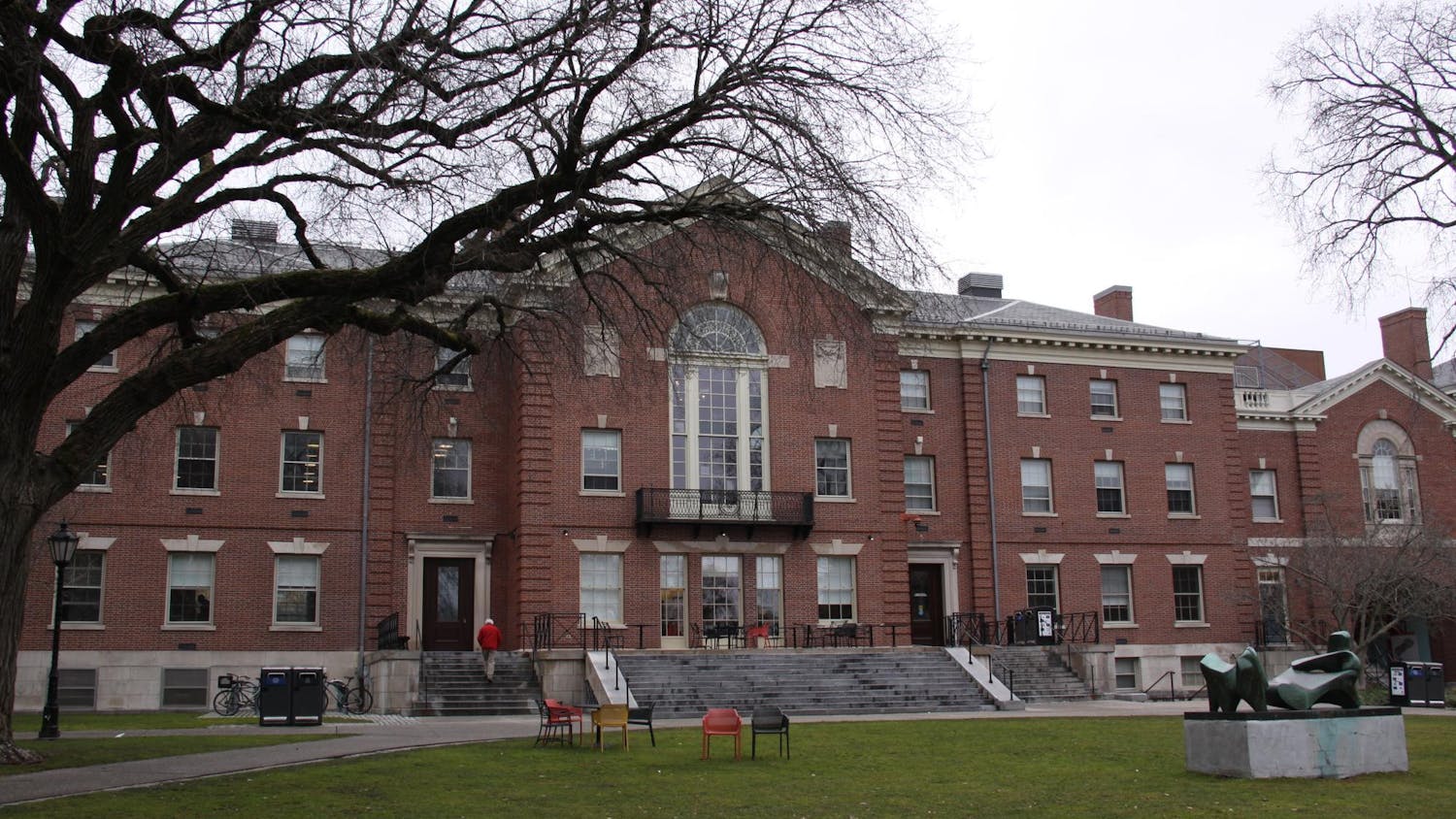There was a decrease in the number of students transported by Brown Emergency Medical Services during orientation and the first weekend of classes compared to the same period last year, said Margaret Klawunn, vice president of campus life and student services. The drop comes in the wake of new initiatives by administrators to reduce underage alcohol purchasing.
There were eight undergraduate EMS transports involving alcohol, six of which were first-years, Klawunn said. This marked a slight decrease from last fall, when there were 10 transports total, three of which were first-years.
A new initiative introduced this year placed joint forces of the Department of Public Safety and the Providence Police Department outside local liquor stores as a way to combat the anticipated trend of binge drinking during orientation. The approach DPS employed was mainly one of "presence," said Paul Shanley, deputy chief of police for DPS.
"Our goal here was two-fold," Shanley said. "We want to prevent people from entering who may be thinking about purchasing alcohol underage, and also to make sure that stores are complying with liquor laws and doing their part."
But there was also a more confrontational aspect to the strategy. "If someone came out who appeared underage, they were approached and asked to show identification," he added.
According to Shanley, the most common indicator of an underage alcohol purchase lies in numbers. "If one person is holding a case of beer and there's three or four people standing around them, that's the most obvious method," he said. "We look for whoever's buying the most amounts with the highest groups of people."
While everyone who was approached was of legal age, disciplinary action would have been taken if an underage buyer had been caught, Shanley said.
"We would have them referred to Office of Student Life if it was one of our students," he said. "If it wasn't one of our students, there would be a citation issued for possession of alcohol by a minor and it would be referred to the Providence district court system. We really want to send a message."
Darwin Liquors, on Benefit Street, was one of the establishments monitored by DPS. Owner George Darwin said he was unaware that DPS had been monitoring his store.
"No one told me that was happening," he said. "DPS should come in and say 'hi.' I'd love to work with them."
Darwin acknowledged the prevalence of underage alcohol consumption, but said he enforces state liquor laws in his store.
"If I see you come into my store, and you're under 21 or have a fake ID, you can't buy here. That's it," he said. "This is my livelihood and how I feed my children, so I'm not going to put my license and my store on the line so that you can get drunk. There's enough money to be made in the world without breaking the rules."
Klawunn said the uptick in alcohol and drug use during orientation could partly be attributed to boredom that can arise during orientation.
"There's all kinds of behaviors that occur when people get bored," she said. "When there's too much free time or not enough activities, that creates an opportunity for risky behavior."
That is why the University strives to provide substance-free venues to first-year students during orientation, said Frances Mantak, director of health education. Many of these efforts are developed by an alcohol subcommittee, which works with the National College Health Improvement Project to make research-based decisions about the form of these initiatives.
Klawunn said the administration takes a "harm-reduction approach to target behaviors that are the most high-risk, like somebody being so intoxicated that they could die." This approach includes both preventative measures, such as the mandatory class meeting on alcohol consumption during orientation, and repercussions for law-breaking behavior.
"Follow-up is meant to teach you something and make you reflect," she said. "Basically, we just want to encourage people to get help, be it for themselves or someone else, if there's any concern about someone being in danger."
The University's resources are uniquely tailored to the campus culture, Mantak said.
"Our community has specific needs for us to address," she said. "We just want to encourage health-seeking behavior."




